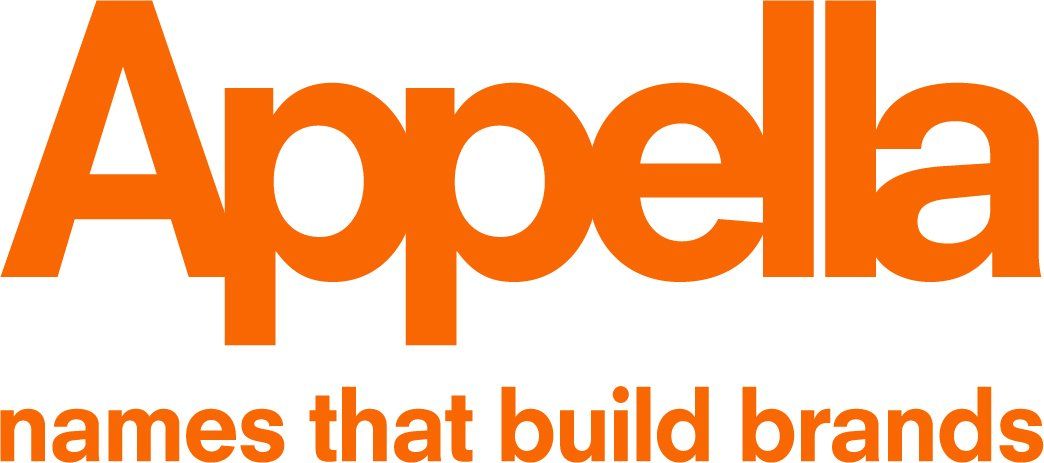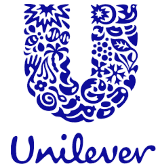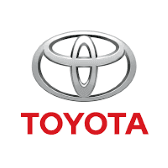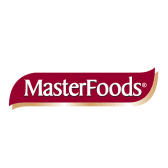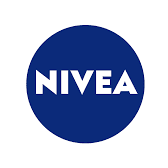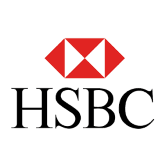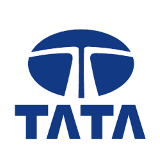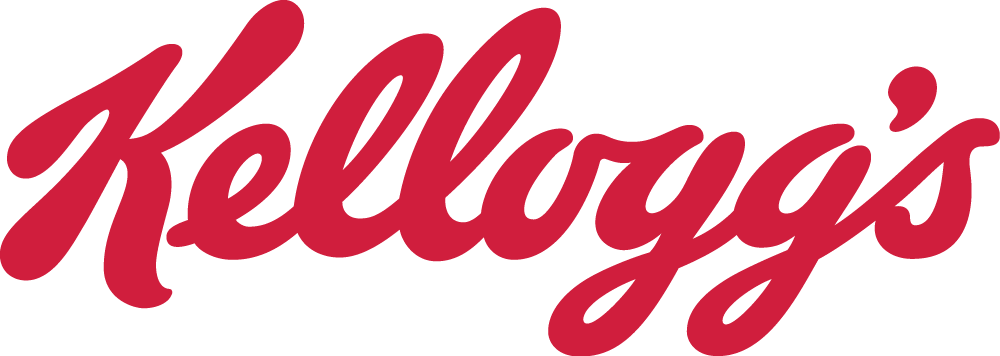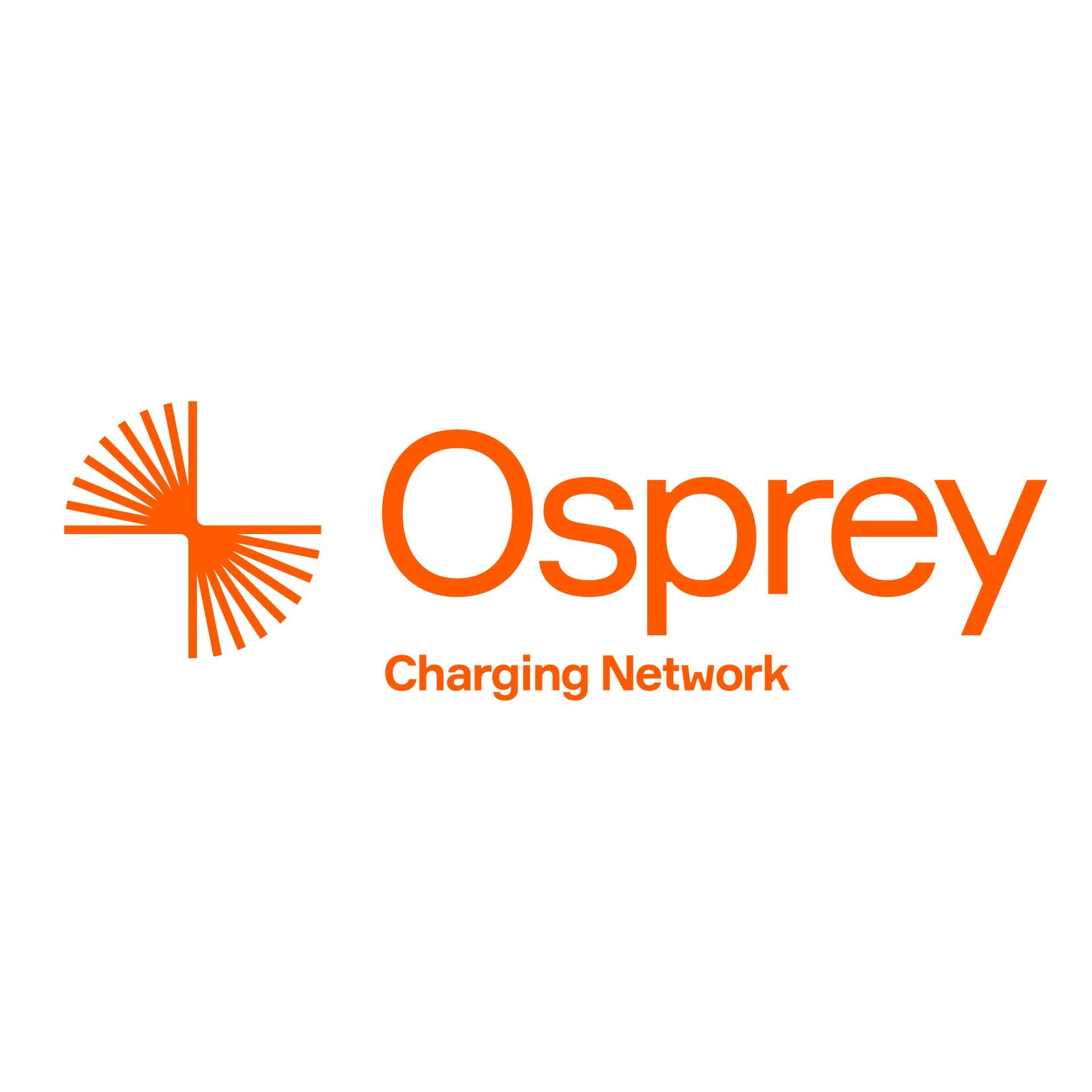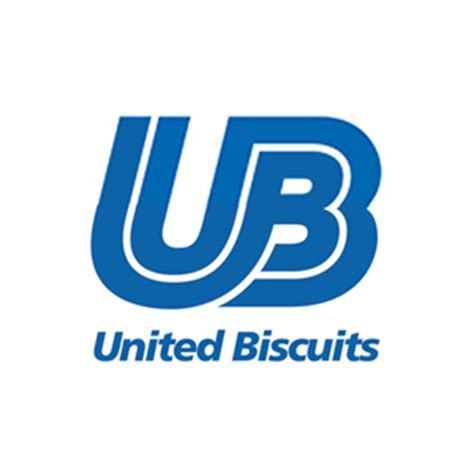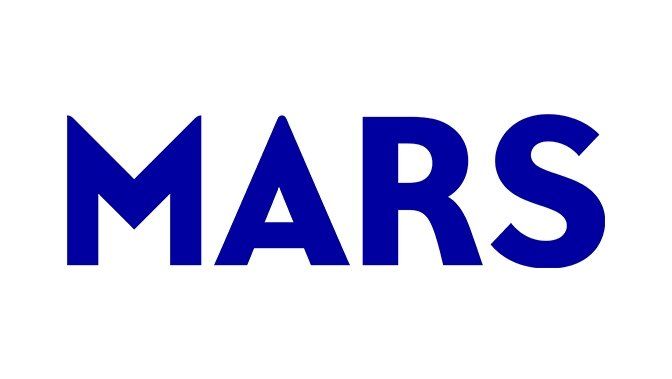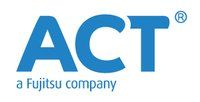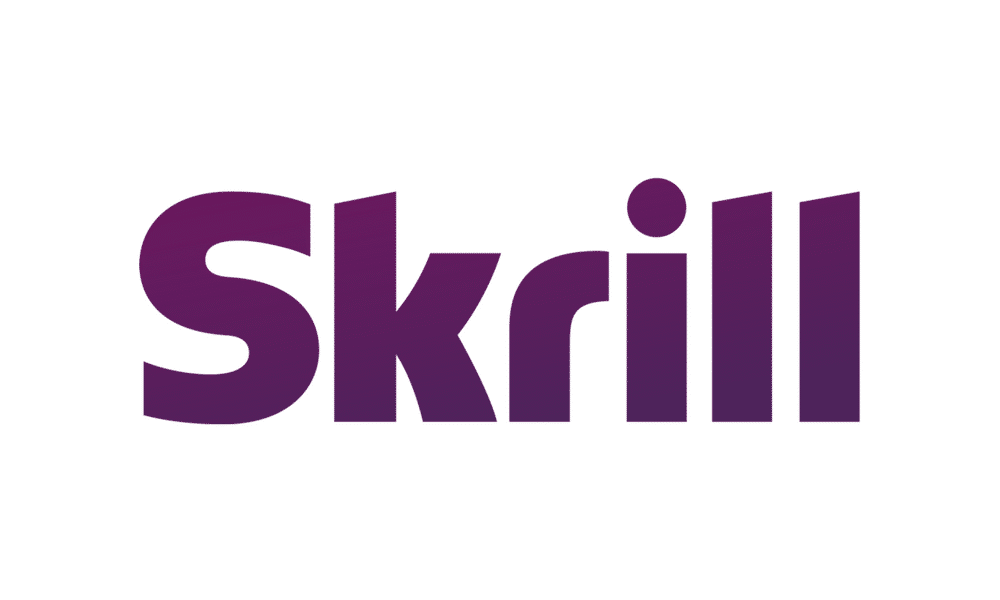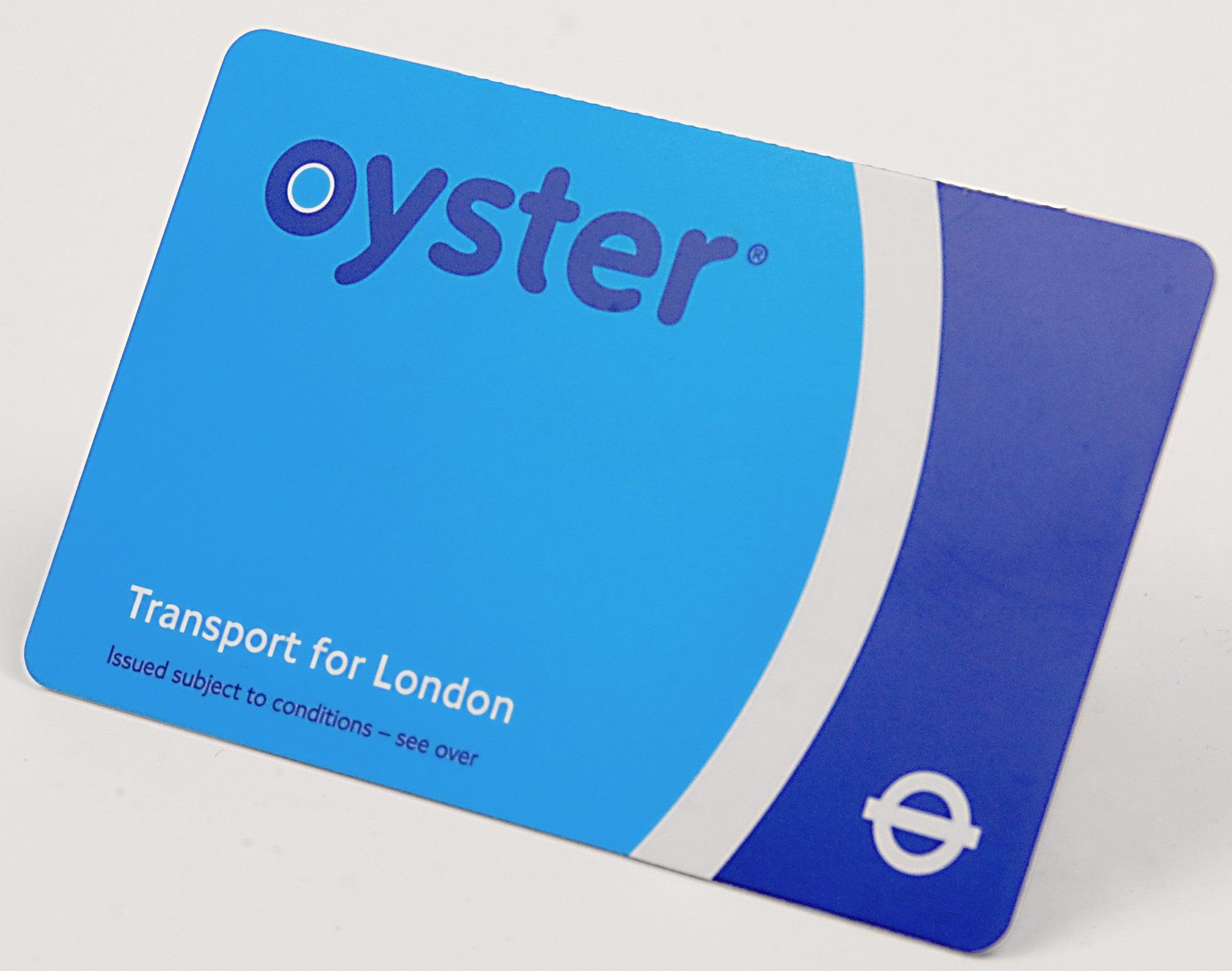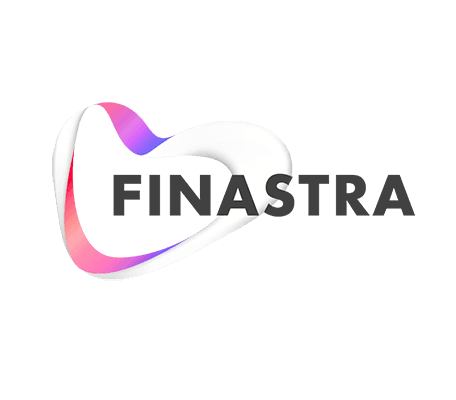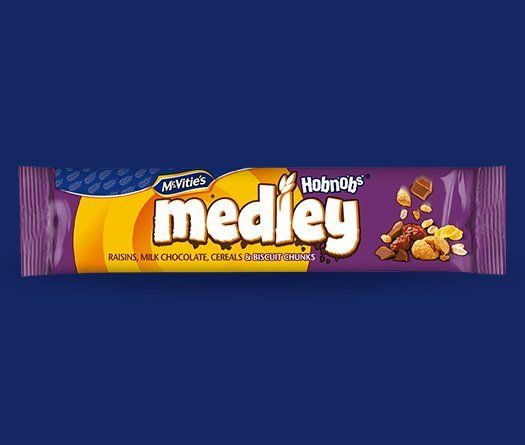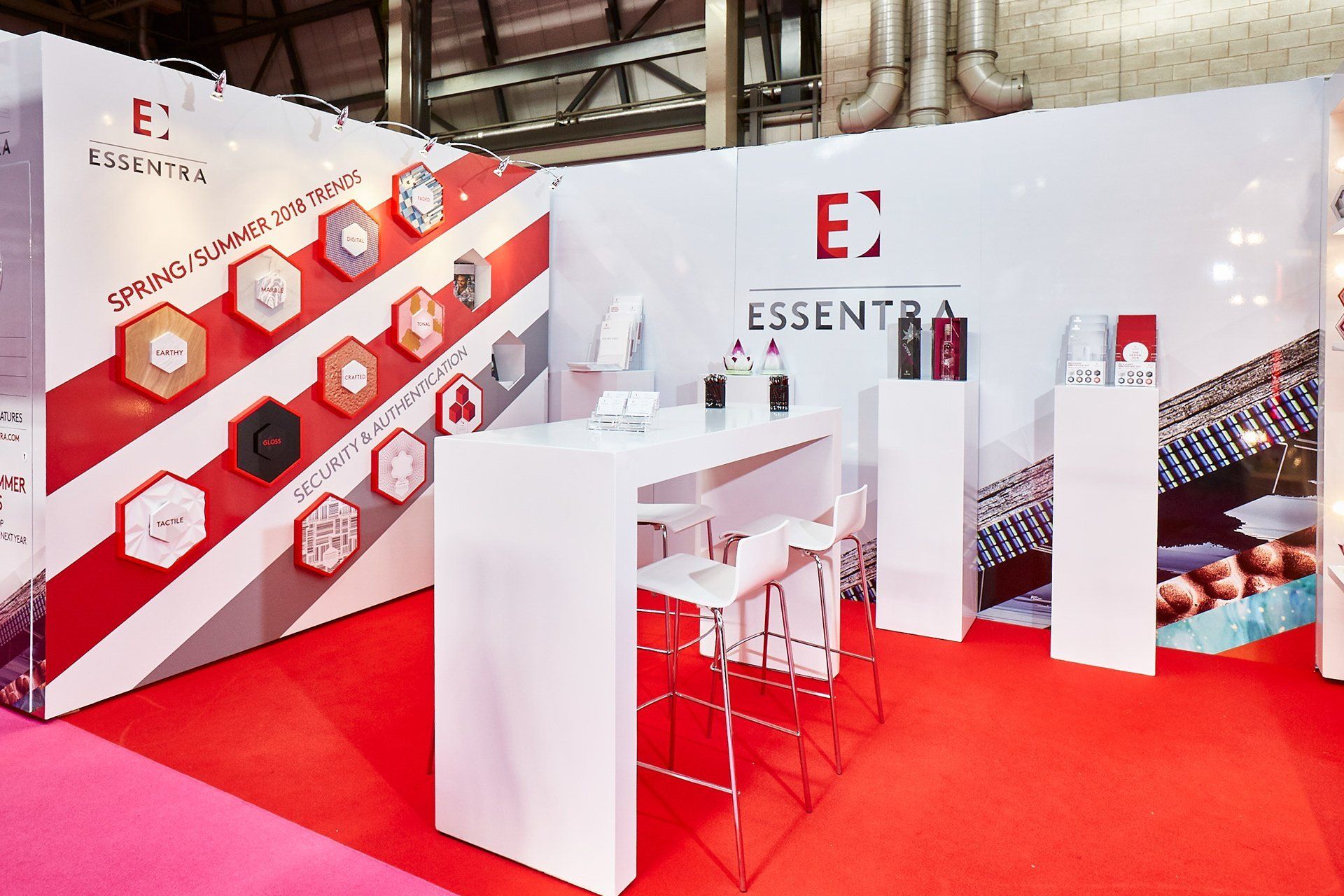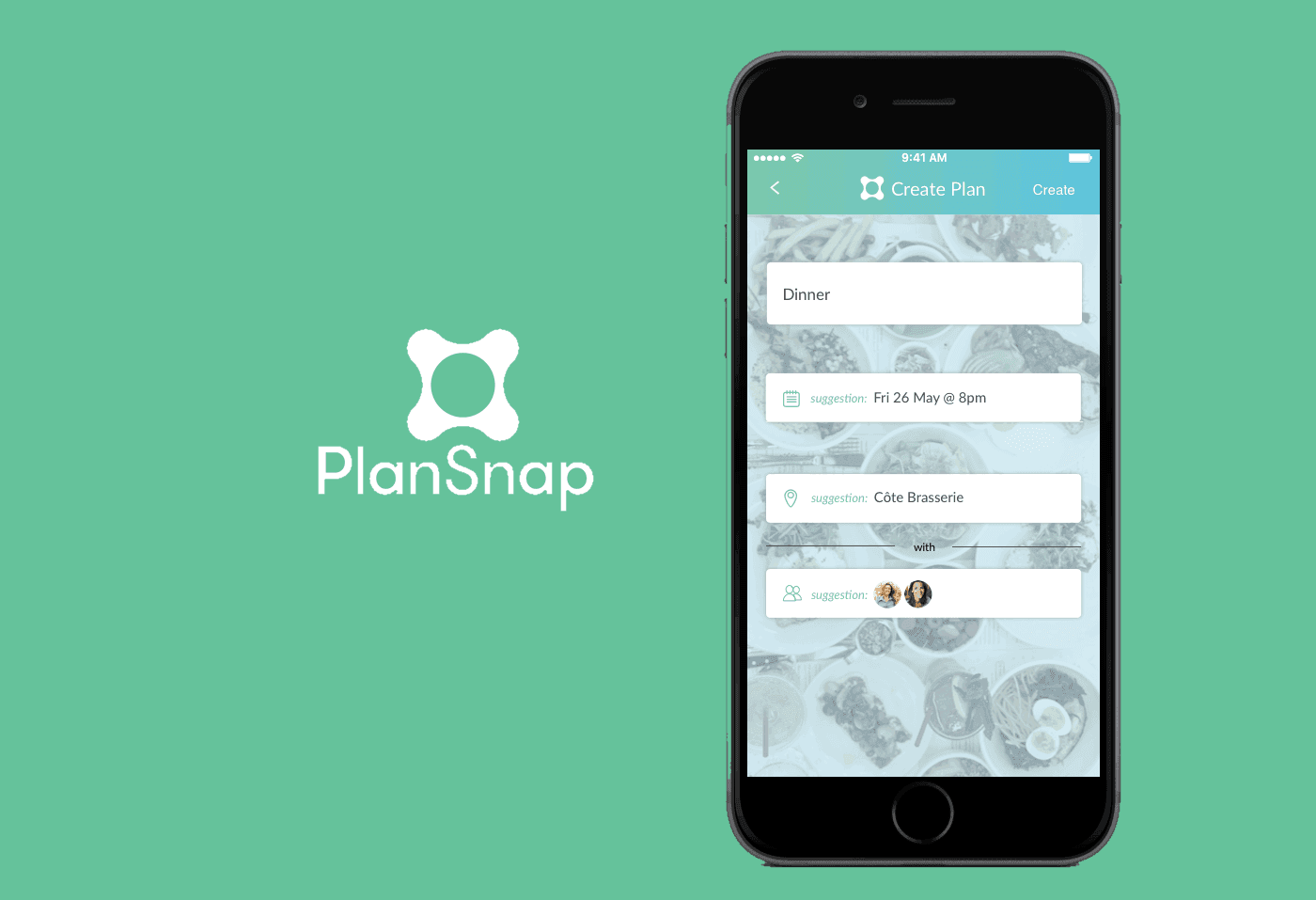Linguistic Screening
Let us take control of the process...
Linguistic screening is the process of checking names, shortlists or long-lists, against a range of metrics. These include pronounce-ability, similarity to offensive words in other languages, cultural acceptability and aesthetics - the look and feel of the word.
We use three different levels of linguistic screening to ensure you have all the information you need before proceeding to launch.
1. Automated Checking
Our Electric Eel automated screening program in 120 languages is our cost-effective longlist level linguistic screening option which would typically be used ahead of trademark checks and more detailed linguistic checks.
Here we check by percentage match against our negative word databases of 120 of the world’s most important languages, ranging from the top-ranking Spanish, Arabic and Bengali to the less well-known languages, Cebuano of the Philippines, and Yoruba and Hausa of Nigeria.
2. Linguistic Evaluation
3. Linguistic Analysis
Why Linguistic Screening Is Essential
Linguistic screening is essential to avoid potential embarrassment to your brand when entering new markets with different languages. There are dozens of examples of brand names which work perfectly in one language but maybe not so well in another.
Here are 3 great examples to bear in-mind:
EXAMPLE 1
“Burrada” the giant burrito in Spain.
"Burrada" in Spanish means "a big mistake" or "a stupid act".
EXAMPLE 2
The Ford Pinto in Brazilian Portuguese.
“Pinto”
is Brazilian slang for “tiny penis”.
EXAMPLE 3
This French chocolate bar does not work well in either American or British English.
So, for your name to communicate effectively in today’s ever more interconnected marketplace some form of linguistic brand name screening is a must.
Here at Appella, our systematic approach to name evaluation gives you brand names that can cross borders with confidence.
